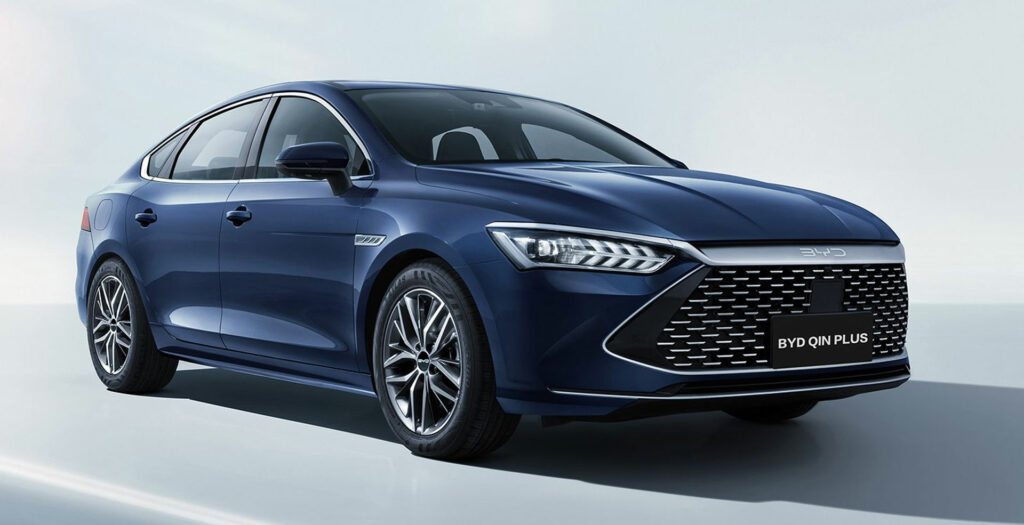In a bold move to catalyse the shift from petrol to EVs – BYD, the leading Chinese electric-vehicle manufacturer, has announced substantial price reductions across its extensive range of models. This initiative positions BYD not only as a competitor against electric vehicle giants such as Tesla but also as a formidable challenger to traditional automotive leaders like Toyota Motor and Volkswagen.
BYD, headquartered in Shenzhen, is currently applying discounts to almost all its electric and hybrid vehicles. This strategy is part of a broader marketing effort to promote the cost-effectiveness of electric power over oil. According to an analysis by Bloomberg News of data from Chinese car portal 16888.com, BYD has lowered prices on over 100 existing model versions since December, in addition to relaunching 70 model trims at reduced prices. The only exceptions are models from BYD's newly launched luxury Yangwang brand, which includes a high-end supercar priced at approximately £200,000.
One of BYD's most budget-friendly offerings, the Seagull hatchback, has seen a price cut of 5%, bringing it down to under £10,000. This makes it significantly more affordable than the average EV price, offering a more accessible option for a wider range of consumers. The Qin Plus sedan, another popular model, has received an even more considerable discount of 20%.
Traditionally, Chinese EV makers have targeted their sales efforts at first-time car buyers in affluent cities such as Shanghai and Shenzhen. However, BYD's recent pricing strategy aims to expand its market reach by making electric vehicles more affordable for consumers in smaller cities and rural areas. This approach could potentially disrupt the market share of established automotive giants like Toyota, Volkswagen, and Nissan Motor, which have been slower in transitioning to electric vehicles and consequently have seen a decline in sales in China.
Industry experts, including Bill Russo, founder and CEO of Shanghai-based consultancy Automobility, view BYD's aggressive pricing strategy as a significant move in the ongoing price war within the Chinese auto market. The extent of BYD's price reductions has been surprising even to industry veterans, indicating a highly competitive push to dominate the EV market.
The impact of BYD's pricing strategy is already evident in sales figures, with models such as the Qin Plus and Seagull ranking among the top five selling sedans or hatchbacks in the early months of 2024. This shift underscores the increasing threat to traditional petrol-fuelled vehicles, with analysts from Morgan Stanley highlighting models like Nissan's Sylphy and Toyota's Corolla as particularly vulnerable to BYD's aggressive discounting.
As BYD prepares to release its financial results for 2023, the industry is keenly watching for signs of how this price war may affect the company's profit margins. Analysts are also speculating on the broader implications for the EV market, including potential consolidation within the sector due to increased competition and the pressure on manufacturers to reduce prices.
This strategic move by BYD not only underscores the company's ambition to lead in the electric vehicle market but also signals a significant shift in the automotive industry towards more affordable and accessible electric mobility solutions.
With BYD likely to report profits for 2023 around the £3 billion mark, the company now seems set on rapid expansion – with one eye on Toyota's overall/global number one position in the car market.
